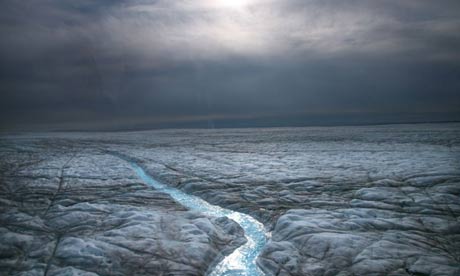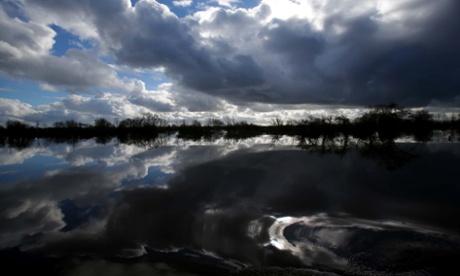They have a national reach that most climate campaigners would die for. They are familiar and respected experts on the science of meteorology. And they have prime-time slots at the end of almost every TV news bulletin, morning, noon and night. But the weather forecasters who guide everything from our clothing choices to our weekend plans seldom – if ever – mention the issue that is increasingly shaping our beloved British weather: climate change.
This week, former BBC weatherman Bill Giles broke cover, and called for the BBC and other major broadcasters to overhaul their approach to forecasts, and add in information about the crucial context of climate change to their predictions about the daily weather.
While the weather can’t always straightforwardly be equated with a changing climate, the impacts of climate change are no longer a hypothetical concern, or a discussion for the future. Climate change is with us now, and is manifesting through rising temperatures, more violent and unpredictable storms, and heavier rainfall.
What Giles rightly highlighted is that while weather forecasting continues to operate in a vacuum while the climate changes around us, it is abdicating its duty to provide accurate, scientifically-grounded meteorological advice to the public. Don’t people have a right to know how their climate is changing? And aren’t weather forecasts the obvious place to alert us to these new risks that we face?
In fact, the UK is lagging far behind many other countries in terms of integrating what we know about climate change with the information provided to the public about the weather. In the notoriously polarised US, a brilliant programme led by George Mason University in Virginia and Climate Central has supported more than 600 TV meteorologists to contextualise their weather forecasts with information about the changing climate.
Similar successes have been seen in Australia, where a programme run out of Monash University provides localised climate information in their weather segments. In Belgium, the weather forecaster Jill Peters has made a career from campaigning on climate change. So the silence from British broadcasters is troubling, and Giles’s intervention is long overdue.
In a sense, the broadcasters’ nervousness is understandable – for a long time, it simply wasn’t possible to make definitive statements about the relationship between weather and climate. Communicators were faced with a catch-22 situation: make speculative statements about extreme weather and climate change, or sit on their hands while the very changes scientists had been predicting for decades materialised around them.
But the science of ‘‘attributing’’ weather events to climate change has accelerated rapidly. It is now possible to say with confidence how much more likely (or how much more intense) a storm, or a heatwave, was made by climate change. Statements about the links between weather and climate still need to be made carefully, and in line with the science. But this kind of probabilistic, risk-based guidance is the bread and butter of TV weather forecasters, and they’re the perfect people to give audiences an insight into how the climate is changing.
None of this means that accurate information about the risks of climate change is a panacea for public engagement on climate change. Its now well understood (and more than ever in thisera of “fake news”) that accurate evidence alone is unlikely to move the dial for people who don’t want to hear it. And simply hammering people with information about the risks of climate change could be counterproductive.
The social science of climate communication points to the importance of striking a motivating balance between hope and fear in public messages. In practice, this means not only raising the alarm about the often terrifying consequences of a changing climate, but also providing advice and support on what people can do to save more energy, waste less food, or lobby their MP to prioritise climate change.
Clearly, our humble weather forecasters can’t do this all on their own. But the inspiring rise of the school strike movement is proof of the frustration and urgency with which young people view the issue that will define their lives, and suggests the era of side lining climate change as something that environmentalists worry about, while the rest of us get on with our lives, may finally be coming to an end.
From the way we eat, travel and heat our homes, to the conventions that govern our weather forecasts, climate change needs to move from the margins and into the mainstream – and fast. A daily public narrative that joins the dots between the weather patterns we see outside our windows, and the unprecedented changes now under way in the global climate, is one crucial piece of this puzzle.
• Adam Corner is the research director at Climate Outreach and an honorary research fellow in the School of Psychology, Cardiff University









